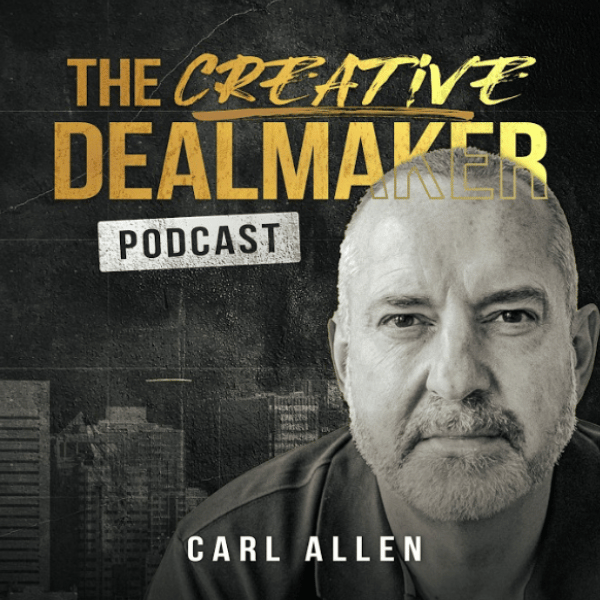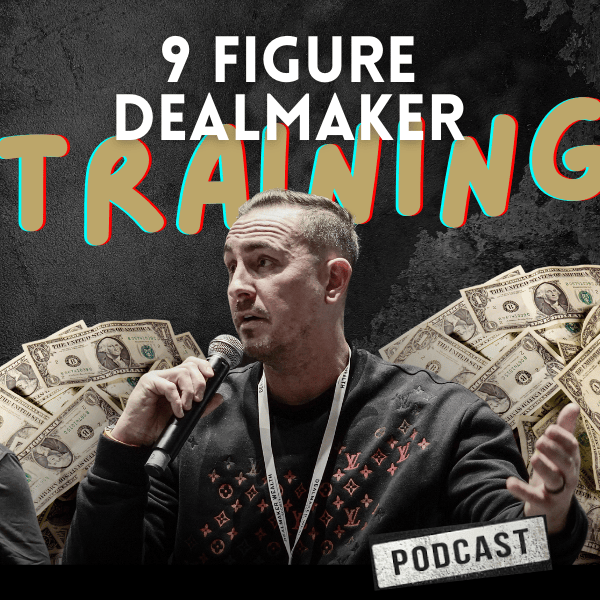
I recently kicked off a new email series to get you through various challenges closing deals.
On Dec. 13 we discussed how to play with business brokers.
The question was: What is the best way to approach business brokers and how do you get them to give you the information you need?
If you missed my comprehensive answer, check your inbox.
Today, we are switching gears to discuss financiers.
The question is: What are some possible reasons you can hit a wall with financiers and how do you overcome those barriers?
Another great question so let’s get into it…
There are three periods in a deal when you engage financiers:
1. The deal origination stage
Financiers have continual access to deal flow so network with them early in the buying process. You can also use their details as “expressions of interest” when speaking with brokers.
You shouldn’t run into any barriers provided you are targeting deals within your areas of expertise and industry experience. (Remember, this is my golden rule for your first deal.)
2. Post-accepted offer
You and the seller have agreed on a deal structure and valuation and from my simple model estimated what financing is available. When you prepare the letter of intent (LOI), you offer up the financials of the business to the financier(s), who will do some quick due diligence.
All being well, they will send you a term sheet. The term sheet – a formal expression of interest (EOI) – documents the terms of the financing being offered, subject to the full due diligence process and legal contract that will form part of the financing agreement.
Where you’ll run into trouble here is if you don’t have up-to-date and accurate data from an accounting platform (Excel sheets, handwritten or typed financials are not permitted) with congruent financial periods. This means the balance sheet, schedules and income statement must represent the same timeframe.
If you are pitching equity investors (one of the financing options), you will need to complete a pitch deck. (A template and instructional video is in the online platform if you’re a Dealmaker CEO member.)
When pitching financiers make sure you know what’s happening financially with the business:
-
- Were sales up, down or flat? Why?
- Are profit margins increasing or decreasing? Why?
- Is the balance sheet growing or shrinking? Why?
- Are sales going down while profits are increasing? That is strange so ask the seller why.
Also make sure you understand how the business operates and what lies ahead, namely its strengths, weaknesses, opportunities and threats.
Most importantly, be passionate about the market, the business and the deal. Blow financiers away with your energy and knowledge of the deal… and the business’s growth potential.
3. Once you have financing term sheets
Each financier (you may have several) will have their own process for closing the deal and advancing funds. Make sure you have full knowledge of this and share it with your micro deal team (your contingent fee lawyer and CPA, for starters) so everyone is on the same page.
Issues that may crop up include being asked for a personal guarantee and establishing covenants and post-closing rules.
When it comes to personal guarantees, they are mandatory if you are doing a deal with the SBA (although I’m unaware of the SBA ever calling one in). Your lawyer will advise if you should sign it.
I recently signed a guarantee for an SBA deal… but it’s the deal of the century and well worth the minor risk. Your deal may be different, so please check with your adviser.
If asked to provide a guarantee on an asset-based loan, ask why and refuse. The reason asset-based financiers only lend a percentage of the asset value is so they can seize and sell it quickly to recover their money if you default on the loan.
This is exactly the same process as buying a house. And since the business is borrowing the money for you to buy it, it’s the business’s credit that’s important, not yours. You are not personally borrowing the money.
When it comes to establishing covenants and other post-closing rules, these are normal and shouldn’t be cause for concern. A financier will want to make sure you are keeping the business in good shape as opposed to asset stripping it, etc.
Covenants typically include maintaining certain revenue growth, profit margins and the level of working capital (net current assets) on the balance sheet. Should the numbers fall way below what’s agreed upon in the covenant, the financier has the right to pull the loan.
I cover covenants in greater detail in the Dealmaker CEO training course. The financing section alone makes it valuable investment!
Next time, we will stay on financing and jump deeper into the U.S. SBA 7(a) loan process. This is rocket fuel for LBO deals but must be treated with caution (just like rocket fuel!)
Until then, bye for now.
Carl Allen
Editor and co-founder, Dealmaker Wealth Society
















